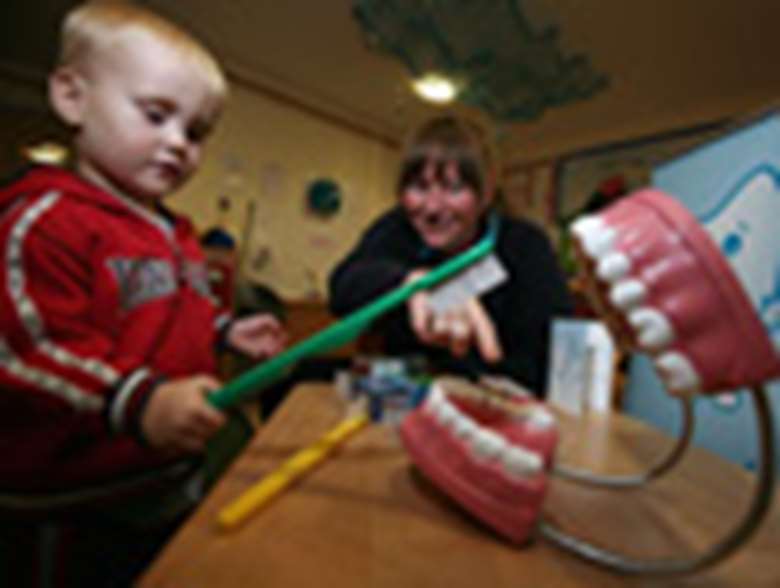Recognise tooth decay as neglect, urge experts
Derren Hayes
Friday, November 28, 2014
Tooth decay in young children should increasingly be seen as a significant risk factor for neglect, academics have warned.

A research report on child neglect by the Childhood Wellbeing Research Centre, says that while recognition of untreated dental disease as an indicator of broader child neglect is improving, in young children it still tends to be “unidentified and not communicated” by health professionals.
Missed Opportunities: Indicators of Neglect – What is Ignored, Why, and What Can Be Done? concludes that public health nurses and dentists should consider whether persistent failure by parents to address tooth decay is neglect.
Where young children’s milk teeth require removal because of severe decay dentists should refer the case to children’s services for a broader assessment of neglect, it adds.
The Department for Education-commissioned report, which reviews existing research on neglect, says that complete removal of milk teeth is on the rise, with extraction of decayed teeth the single most common use for general anaesthetic in children in the UK.
Recent figures from the Health and Social Care Information Centre, showed the number of admissions for dental problems among five- to nine-year-olds rose from 22,574 in 2010/11 to 25,812 in 2013/14.
Dental experts say the problem is linked to increased consumption of sugary food and drinks by children from a young age, and poor oral hygiene.
The report states: “Dental neglect can result not only in the impairment of oral health but may also compromise the child’s general health or development, including affecting their food intake, sleep, concentration and ability to socialise.
“Practitioners should be alert to failure to provide appropriate oral care, and should advise parents of the need to brush their child’s teeth regularly up to the age of seven, and not give young children a bottle to take to bed and avoid giving them sugary drinks.”
The Childhood Wellbeing Research Centre is a collaboration between the Institute of Education, Loughborough University and University of Kent.




